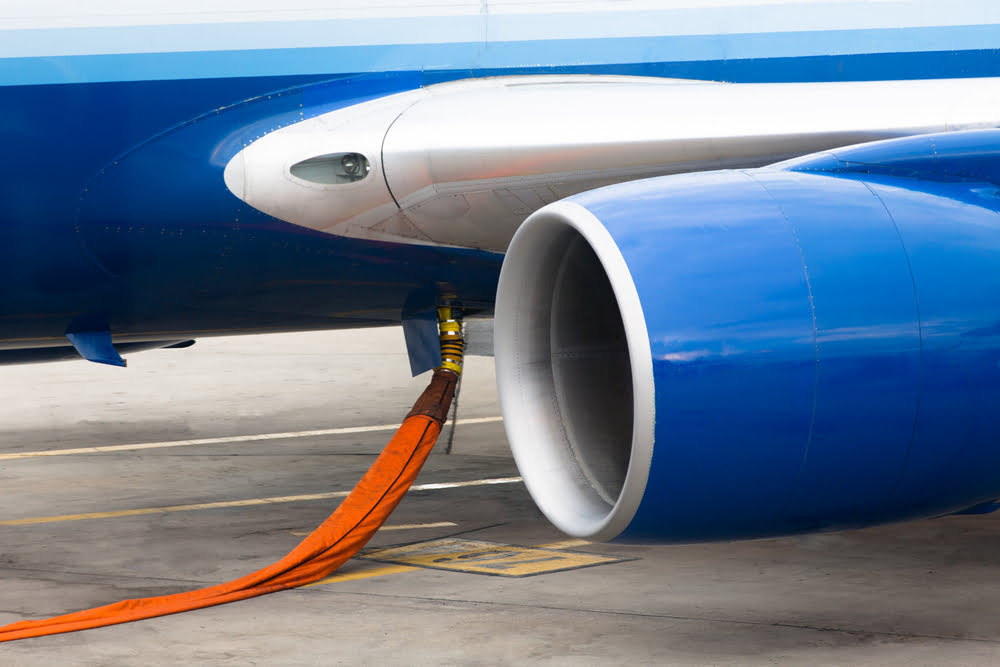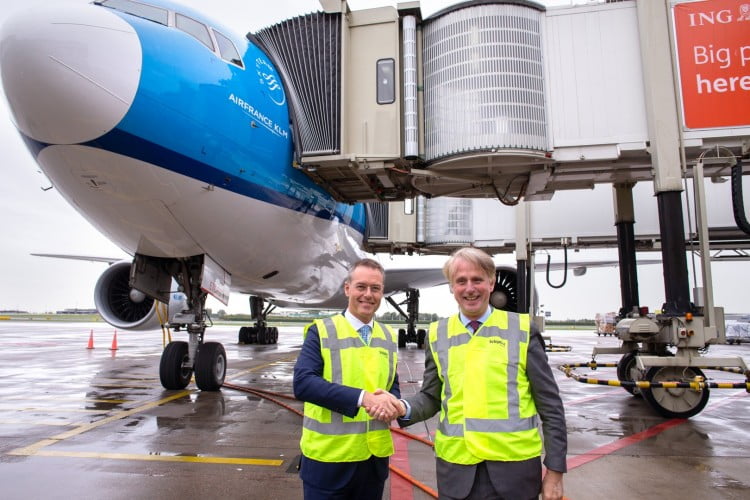KLM has purchased sustainable jet fuel (SAF) for flights from Schiphol. The sustainable fuel is used Next made from finished cooking fat and will reduce CO2 emissions by up to 80% compared to fossil kerosene.
This is the next step in the use of sustainable fuel, because it is the first time that the fuel is supplied via the existing infrastructure at Schiphol. Neste also joins KLM's Corporate BioFuel Program. Neste will thereby reduce the CO2 emissions of its own business trips on KLM flights by 100%.
“Using sustainable jet fuel is one of the most effective ways to reduce CO2 emissions in the aviation industry today. Partly thanks to the companies participating in the KLM Corporate BioFuel Program, we were able to make this purchase for the Dutch market, which gives a further impulse to the consistent production of SAF, ”said KLM President & CEO Pieter Elbers.
A sustainable first at Amsterdam Schiphol Airport
The amount of SAF is blended with fossil fuel and is fully certified to the conventional jet fuel specification (ASTM), meeting the same quality and safety requirements. This mix is delivered to Schiphol and is completely treated as a 'drop-in' fuel using the existing fuel infrastructure, piping, storage and hydrant system. In this way, sustainable jet fuel contributes to reducing CO2 emissions from flights from Amsterdam by reducing the carbon footprint in the supply chain.
“We are proud to be able to support KLM in achieving its ambitious emission reduction targets with our sustainable jet fuel. We will continue to contribute to a more sustainable future by partnering with the forerunners in aviation and increasingly offering our customers renewable jet fuel. In addition, I am pleased to announce that we have joined KLM's Corporate BioFuel Programme, which enables us to reduce our own CO2 emissions in aviation,” said Peter Vanacker, President & CEO Neste.
KLM only uses sustainable aviation fuels based on waste and residues that significantly reduce the CO2 footprint and have no negative impact on food production or the environment. The sustainability of the chain is guaranteed by certification by the International Sustainability and Carbon Certification Plus (ISCC +) and the Roundtable on Sustainable Biomaterials (RSB).
This volume complements the existing supply from Los Angeles to bridge the period to the opening of the SAF factory to be built in Delfzijl, Netherlands in 2022. This factory, which is being developed with the support of KLM together with industrial partners, supplies KLM with 75.000 tons of sustainable aviation fuel every year.
Also read: Sustainable flying with kerosene one step closer



